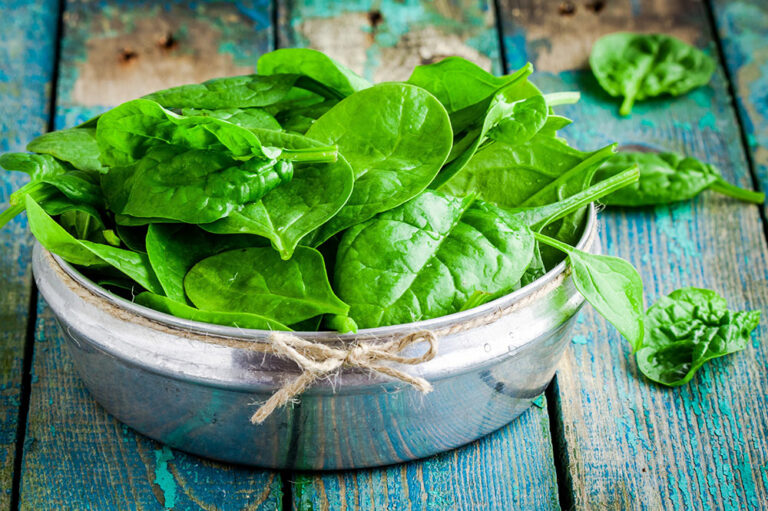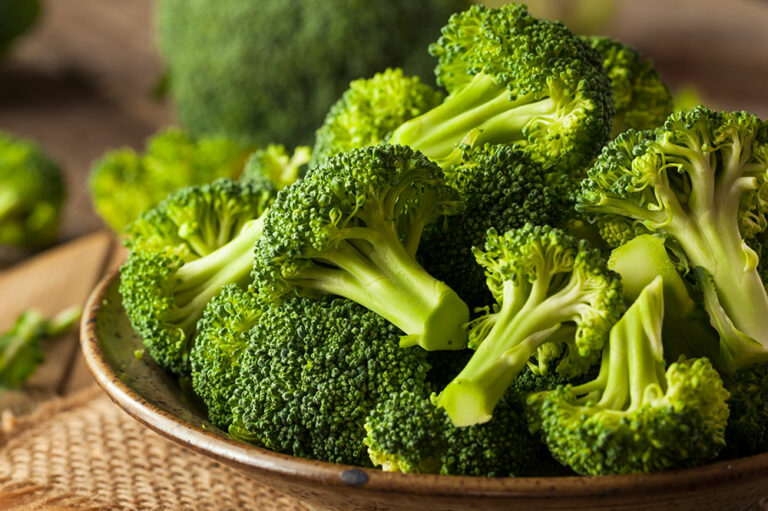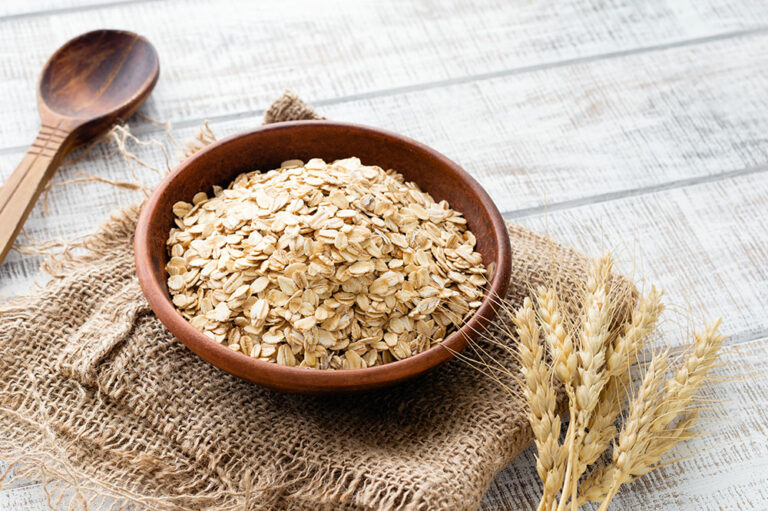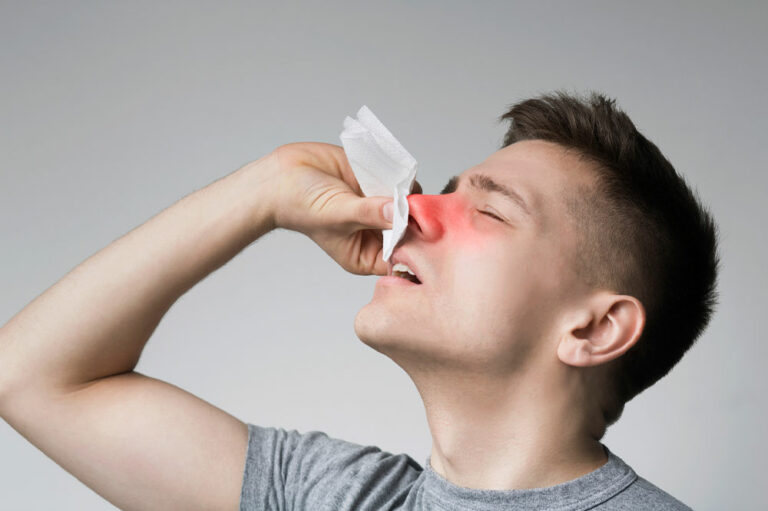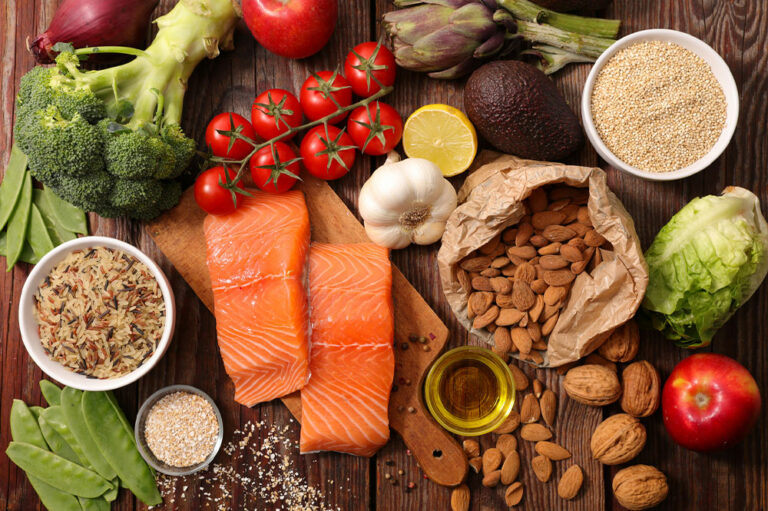
health
8 tips that help maintain normal blood sugar levels
An unhealthy lifestyle coupled with the amount of stress we are burdened with to achieve the “perfect life” has left us combating various serious health issues. Some of these ailments are hereditary, whereas, some of them are self-created. And, then there are those ailments that fall under both these categories. Diabetes is one such ailment that is known to have its roots firmly planted in our genes and can be a result of our reckless lifestyle as well. However, if normal blood sugar levels are maintained, people can easily coexist with diabetes and lead a normal life. Whichever treatment a person opts for controlling their diabetes, it involves maintaining normal blood sugar levels. A rise in the blood sugar levels leads to a string of other problems. So, the key to living with diabetes involves taking steps to maintain normal blood sugar levels. Diabetes isn’t an ailment that can be cured completely. So, one must follow these tips to maintain normal blood sugar levels. Lose weight Obesity is the root cause of a wide-range of disease or is known to worsen an already existing condition. Excess weight makes the person resistant to insulin, and this, in turn, disrupts the normal blood sugar levels in the body. In such cases, it becomes imperative to lose at least 5% to 10% of the current body weight. One can even seek a dietician’s help to succeed in their endeavor to lose weight. The right weight assures that normal blood sugar levels are maintained. Follow a balanced diet with complex carbs When we say that one’s unhealthy lifestyle can also trigger diabetes, it implies going on a binge eating session, where the only food one consumes, are fried and high in everything harmful for the body. So, in order to maintain normal blood sugar levels, one needs to adhere to consuming a balanced diet.
